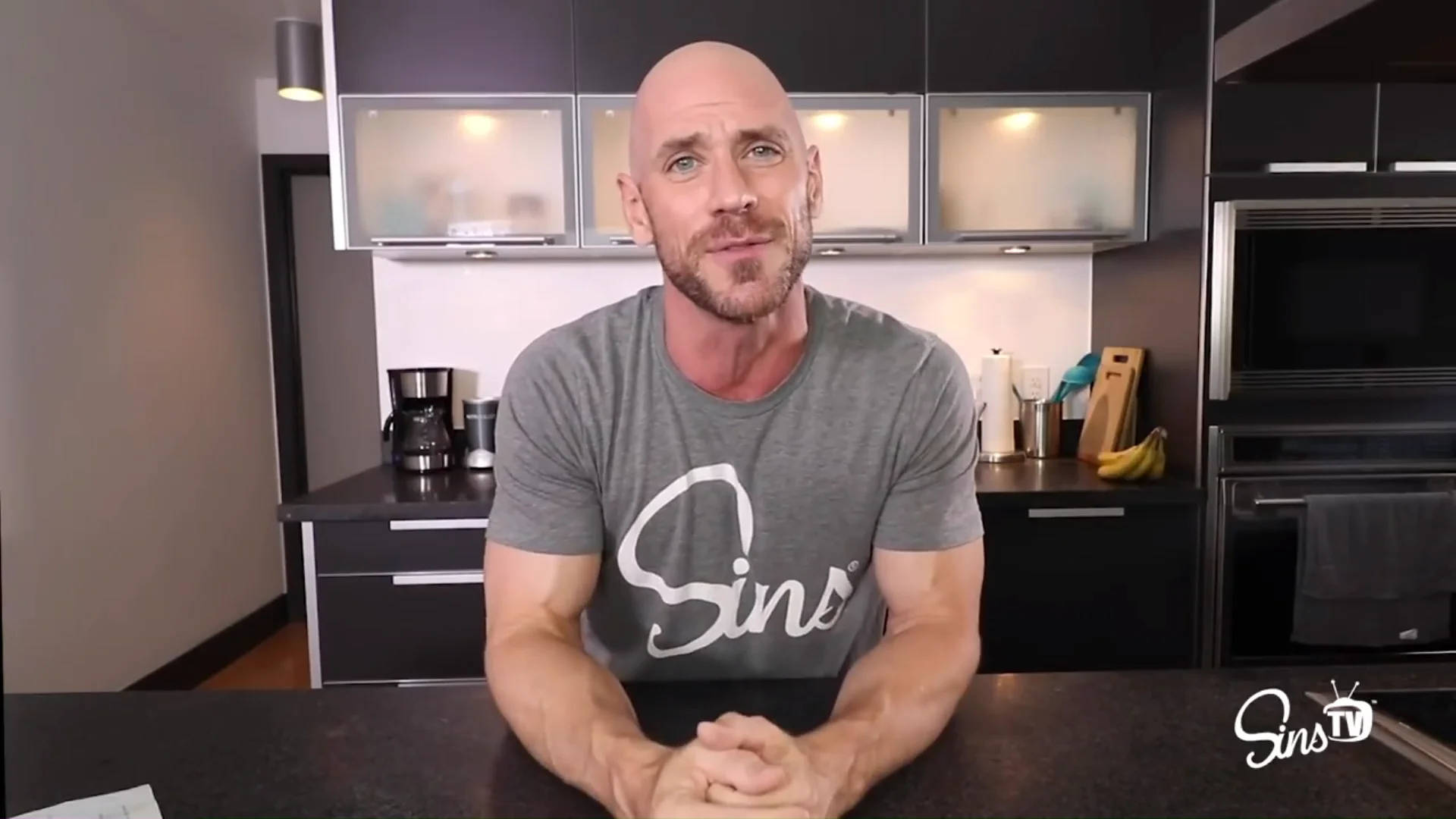Have you ever stopped to think about the stories we tell, the ones that stick with us through the years? It's almost like, some tales carry a weight, a quiet lesson about life's turns and the choices we make. These aren't just any stories; they are often deep reflections on human actions, particularly those that might lead to trouble or regret. We call them, in a way, "kıssa sins."
These narratives, you know, they're not always about grand, dramatic events. Sometimes, they're just little glimpses into what happens when someone steps off the right path, or perhaps, makes a decision that later brings a bit of sorrow. They tend to be about the consequences, the ripple effects that spread out from a single misstep. It's really quite interesting how these old tales keep finding their way into our conversations.
So, what exactly does "kıssa sins" mean, and why should we even bother with them now, in this rather busy world? Well, they're basically moral stories, parables that highlight wrongdoings or mistakes, showing us what might happen if we choose poorly. They serve as a kind of gentle guide, helping us think about our own actions and what kind of person we want to be. It's truly about learning from what has been before.
Table of Contents
What Exactly Are Kıssa Sins?
The Enduring Power of Moral Narratives
Kıssa Sins in Our Everyday Lives
How Kıssa Sins Shape Our Understanding
Learning from Mistakes: The Core Message
Applying the Lessons of Kıssa Sins
Frequently Asked Questions About Kıssa Sins
What Exactly Are Kıssa Sins?
When we talk about "kıssa sins," we're really talking about a type of story, a moral tale that focuses on actions that are considered wrong or misguided. These stories, you know, they often come with a clear message. They show us the path someone took and, just a little, what happened as a result. It's a way of teaching, without being too preachy, about the importance of good conduct.
Think of them as cautionary tales, or perhaps, narratives that explore the idea of accountability. They typically illustrate how certain choices, even small ones, can lead to bigger issues down the road. This is why, in many cultures, these kinds of stories have been passed down for generations. They truly hold a lot of wisdom.
The term itself, "kıssa," means a story or a narrative, and when paired with "sins," it points directly to tales that address human failings or transgressions. It's not always about big, terrible crimes. Sometimes, it's just about a moment of weakness, a lapse in judgment, or a failure to consider others. These stories, they really help us see ourselves a bit more clearly.
The Enduring Power of Moral Narratives
It's fascinating, isn't it, how stories about right and wrong have stayed with us through all of history? These moral narratives, including what we call "kıssa sins," they have a special kind of strength. They don't just tell us what happened; they make us feel something, helping us connect with the characters and their situations. This emotional link, it's very powerful.
For example, a story about someone who was dishonest might not just tell us that dishonesty is bad. It could show us the loneliness that person felt, or the trust they lost, or the way their actions affected others. This makes the lesson stick, you know, much more than just being told "don't lie." It's a way of teaching empathy, too.
These stories also, quite often, reflect the values of a community or a society. They show what people thought was important, what they valued, and what they believed could cause harm. So, by looking at these "kıssa sins," we get a glimpse into the past, into the very heart of human experience. It's almost like, we're learning from collective memory.
Kıssa Sins in Our Everyday Lives
You might think "kıssa sins" are just old stories from books, but actually, they show up in our lives more than we realize. Think about the news, or even conversations with friends. People often share stories about someone who made a bad choice and the outcome of that choice. This is, in a way, a modern form of "kıssa sins."
For instance, when we hear about a public figure whose reputation was damaged because of something they did, that's a kind of "kıssa sins" playing out in real time. It serves as a reminder, you know, that actions have consequences, especially when many people are watching. It's a bit like a public lesson for everyone.
Even in our personal lives, we tell each other stories about mistakes we've made, or lessons we've learned the hard way. These personal anecdotes, they too fit the mold of "kıssa sins." They help us process our experiences and, arguably, share wisdom with those around us. It's a very human thing to do, to share these kinds of tales.
How Kıssa Sins Shape Our Understanding
The way "kıssa sins" work is rather interesting because they don't just tell us about what went wrong; they also help us figure out what's right. By seeing the negative results of certain actions, we start to understand why other actions are considered good or beneficial. It's a bit like, seeing the shadow helps you appreciate the light.
These stories, they often give us a chance to think about our own moral compass. They ask us, implicitly, "What would I do in that situation?" or "How would I avoid that outcome?" This kind of reflection, it's pretty important for personal growth. It helps us build a stronger sense of what we believe in.
Moreover, "kıssa sins" can help us develop empathy for others. When we hear about someone else's struggles or mistakes, we might start to understand their situation better, even if we don't agree with their choices. This can lead to more compassion and a more nuanced view of the world. It's a very subtle way of shaping our character.
Learning from Mistakes: The Core Message
At the very heart of "kıssa sins" is this simple, yet powerful, idea: learning from mistakes. Not just our own mistakes, but the mistakes of others, too. These stories serve as a kind of historical record of human error and, consequently, the wisdom gained from it. It's truly a valuable resource for anyone trying to navigate life.
The lessons they offer are often timeless. Things like honesty, kindness, patience, and integrity – these qualities, you know, are always important. And "kıssa sins" often highlight what happens when these qualities are absent. It's a clear way to see the value in being a good person, actually.
So, when we engage with these narratives, we're not just listening to an old tale. We're participating in a long tradition of collective learning. We're picking up insights that have been refined over centuries, passed down so that each new generation can, perhaps, avoid some of the same pitfalls. It's a pretty smart system, when you think about it.
Applying the Lessons of Kıssa Sins
So, how do we take these old "kıssa sins" and make them useful for us today? Well, the first step is just to listen to them, or read them, with an open mind. Don't just dismiss them as ancient history. Instead, try to see the human element in them, the choices that were made, and the results that followed. This is, you know, where the real learning begins.
Then, try to connect the lessons to your own life. Are there situations where you might be tempted to make a similar mistake? How can you apply the wisdom from the story to make a better choice? It's about being proactive, really, and using these stories as a kind of guide. You can learn more about applying these principles on our site.
Finally, consider sharing these stories with others. Passing on these moral narratives, it's a way of strengthening our communities and helping each other grow. Just like people shared stories around campfires long ago, we can share them today, whether it's over coffee or online. It's a simple act, but it can have a big impact. You might also find more insights if you link to this page.
Frequently Asked Questions About Kıssa Sins
What is the main purpose of a kıssa sins story?
The main purpose of a "kıssa sins" story is to teach a moral lesson, often by showing the negative outcomes of certain actions or choices. It's a way to guide people towards better conduct through narrative examples. So, it's basically a teaching tool.
Are kıssa sins always about major wrongdoings?
Not always, no. While some "kıssa sins" might involve significant transgressions, many focus on smaller mistakes, errors in judgment, or character flaws that lead to undesirable results. They tend to highlight the subtle ways things can go wrong. It's often about the little slips, you know.
How can I find examples of kıssa sins?
You can find examples of "kıssa sins" in various forms of traditional folklore, religious texts, and even contemporary stories that carry a moral message about consequences. Look for parables or cautionary tales from different cultures. A good place to start might be exploring ethical storytelling traditions online, too it's almost like a treasure hunt for wisdom.



